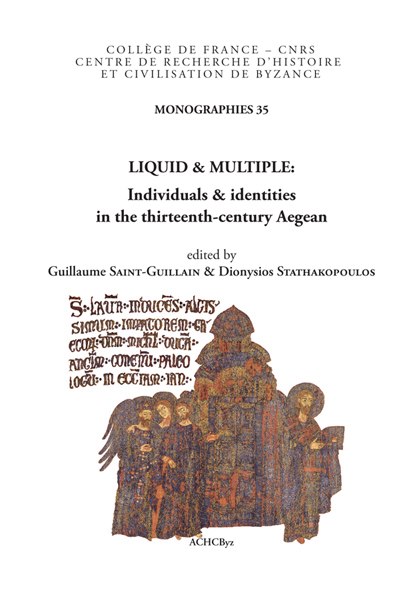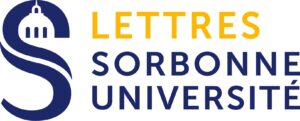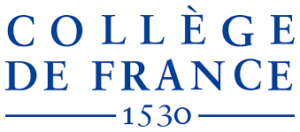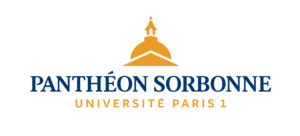Liquid & multiple
individuals & identities in the thirteenth-century Aegean

The thirteenth century in the Byzantine world represents a paradox. It is a world full of individuals recorded in narrative texts and even more so in documentary sources. They are a true motley of “nationalities”: Greeks, Italians, French, Jews, Turks and Arabs. The world they inhabit is characterized by a—if not dizzying, certainly marked—mobility. There is contact, communication and conflict. Old forms of social and political organisation are overturned and new ones emerge. And yet, perhaps as a result of this tumultuous movement, scholars have been so far quite reluctant in offering these individuals a home. This book aims to put forward a fresh and innovative look at the intersections of personhood and statehood in the dynamic and politically fragmented space of the Eastern Mediterranean in the century following the Fourth Crusade and the conquest of Constantinople in 1204. By looking at pirates, peasants, physicians, merchants and nobles the authors explore the multiplicity of ways available to scholars to lift these individuals from the records and shed light to their liquid and at times conflicting means of asserting and negotiating their often multiple identities.




